Kenya
I am proud of Kenya for taking on Muslim extremists in southern Somalia. Rather wisely, the Kenyan military has so far prevented hacks from reaching the field. But for anybody in the outside world who cares, this is not a new battle. Operations against Somalis of varying types of fanaticism have been mounted since the 1960s. From my travels in the Somali borderlands I know this is some of the most thrilling terrain for a war — or for a safari.
Not long ago, I set off for the frontier-coast village of Kiunga to get closer to the fighting. Along for the ride in my old Range Rover was a delightful company: Matt, a Somalia aficionado with a bundle of the finest Catha edulis — the stimulant miraa — money could buy; Tofani, a mixed-race bushwhacker from the old slaving post at Witu; my affable friend Babu from Lamu; and two local chiefs armed with Lee-Enfield .303s.
Nobody had driven the track north from Lamu for four months owing to heavy rains. After some time the grass rose six feet in front of the vehicle. We entered a swampscape decorated by water lilies and set with treacherous ziwa ponds into which the Rover might be swallowed up. After nightfall we found ourselves in a jungle of marshes illuminated by fireflies and eerie phosphorescence from the waters and a wall of sound from insects and frogs.
Hours later, we stopped at a hamlet of hunter gatherers’ huts to unclog the radiator of grass seed, and the inhabitants worriedly asked who we were, ghastly white apparitions from the bush. They had heard the drone of aircraft and the grumble of bombing to the north, but this was beyond their world enclosed by trees.
Many times we got stuck and dug our way out, miraculously survived the sucking bogs and found ourselves surrounded by hippos and great herds of buffalo so crowded on the track that we had to bump them forwards with the fender like cattle on a Devon lane.
Eventually, a junction joined us to a larger track from inland that had been churned by military trucks and we became stuck in the ruts up to the axles. We got out to push, with mud up to our bellies, but the Range was stuck and we realised that we might have to wait for days until the mud dried out. We decided to sleep on a ridge of the only dry ground nearby. Black cotton mud caked on our bodies and burned the skin and mozzies swarmed in, but exhaustion from too much sun and a bottle of whisky that took the edge off Matt’s miraa made us all drift off to sleep the sleep of happy men on the bare earth.
At dawn, with the Range still stuck, we decided to begin walking. The sun rose and the heat became blistering hot, our throats parching. There appeared a lorry of fierce Kenyan soldiers. They looked sternly at us and I noticed that they glanced at a WANTED poster in their hands showing the faces of various notorious terrorists.
They assumed on seeing our bush-worn appearance that we must have been fleeing through the jungle to escape air strikes across the frontier — which we now heard intermittently. I sensed things were bad. The soldiers bundled us into their truck and we prepared for a really very hard time. I looked among the soldiers for a friendly face and then saw a fellow with the lop ears of a Samburu.
‘Where are you from?’
‘Laikipia,’ the man replied. This is my home district where I have my farm.
‘Me, too. I am from Il Pinguaan.’ This is the name of our spring, which is famous because it gives water even in the worst of droughts.
‘I know it well but you cannot be from there. What is your name?’
‘You people call me Nya-Miraa.’ This is a rude nickname the Samburu have for me. It means ‘miraa addict’ — a little unkind, I feel, simply because I am partial to moderate chewing of the Catha edulis. But it did the trick.
‘Nya-Miraa! I have never seen you but I have heard about you.’ The soldier turned to his comrades in the lorry and announced, ‘I know this mzungu. He is not a terrorist. He is a farmer.’ When we next stopped the commanding officer was told. Suddenly we were all friends and they helped extract my Range from the mud.
Immensely relieved, I offered the soldier a ram the next time he went home on leave. We did finally reach Kiunga, where on the white-sand beach — littered with puffer-fish spines, human faeces and resting donkeys — we listened to the air strikes across the frontier at Ras Kamboni. We lunched in the Hilton Hotel, a coconut-thatch hut where the Kenyan forces fed manacled fanatics they had captured fleeing through the bush. We slept on the roof of the local chief’s hut, gazed at the constellations and awoke to the roar of a low-flying AC-130 Spectre gunship. And, after many adventures and months later, the soldier did come home to collect his ram.
Got something to add? Join the discussion and comment below.
Get 10 issues for just $10
Subscribe to The Spectator Australia today for the next 10 magazine issues, plus full online access, for just $10.


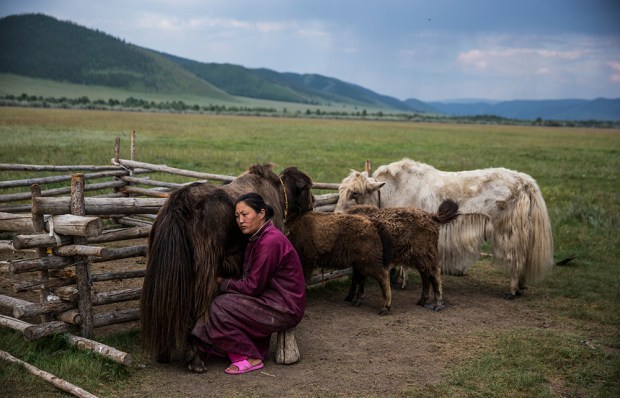
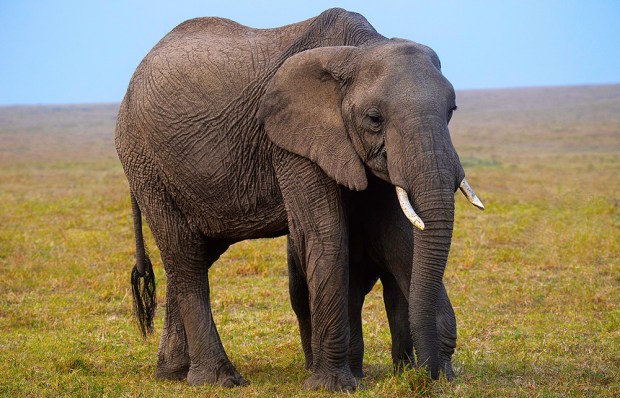
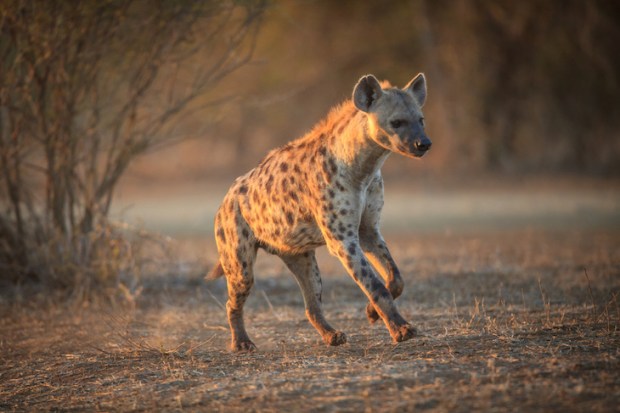
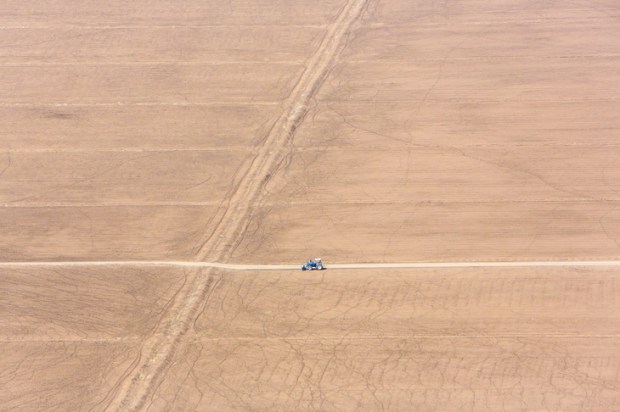
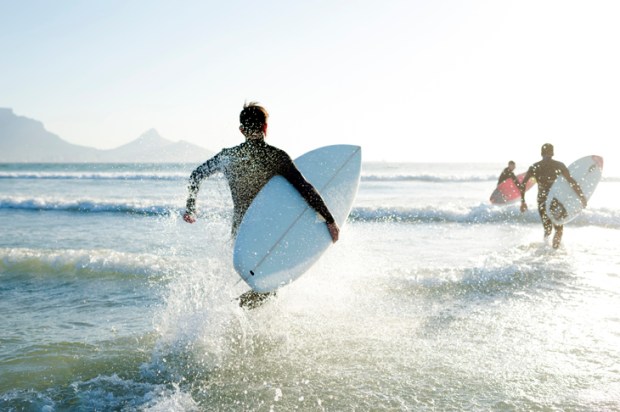
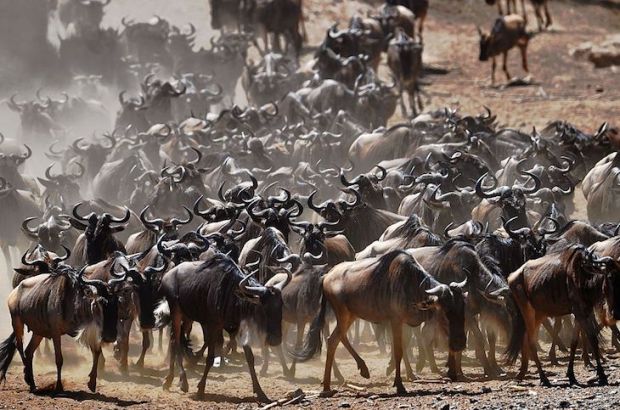






Comments
Don't miss out
Join the conversation with other Spectator Australia readers. Subscribe to leave a comment.
SUBSCRIBEAlready a subscriber? Log in